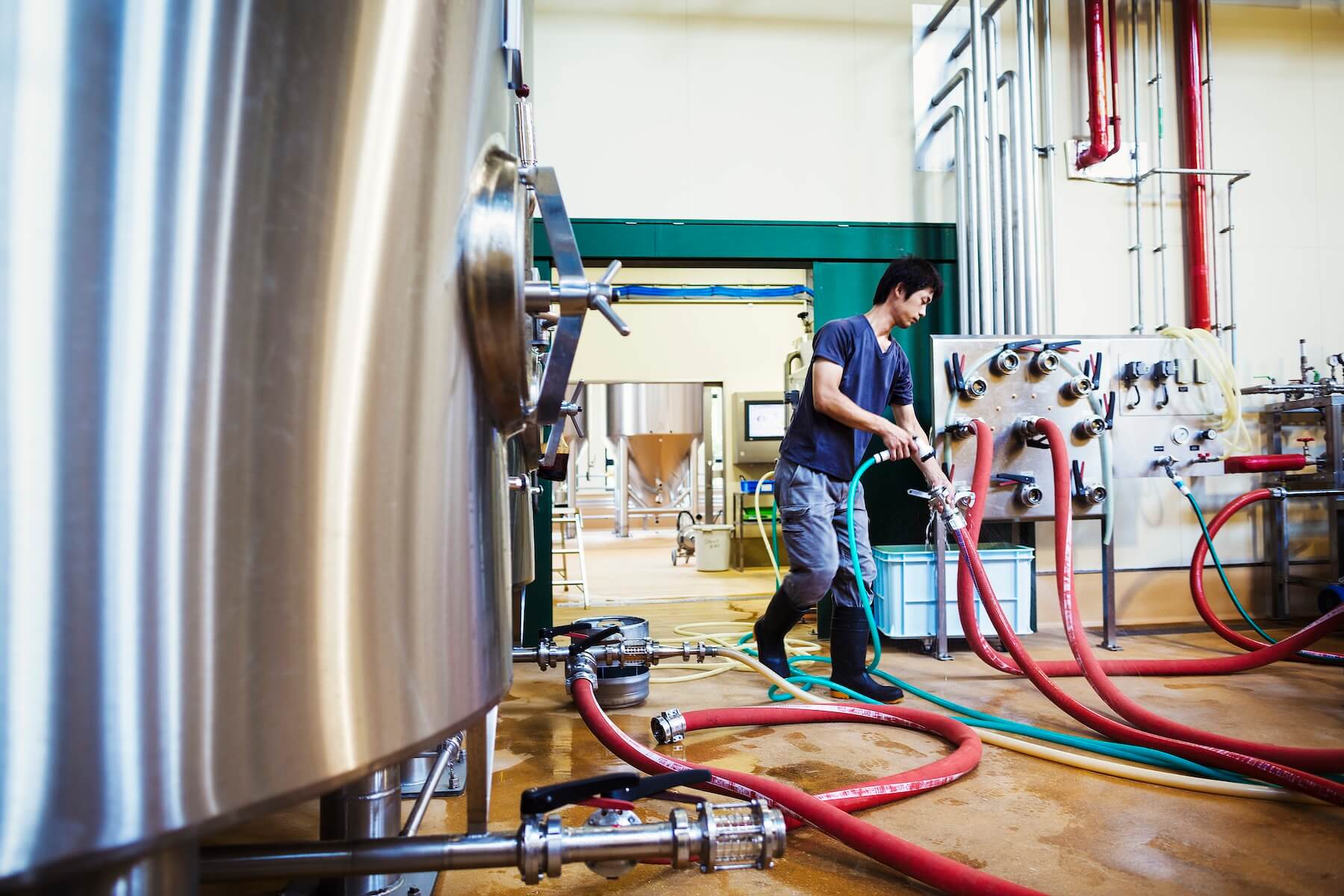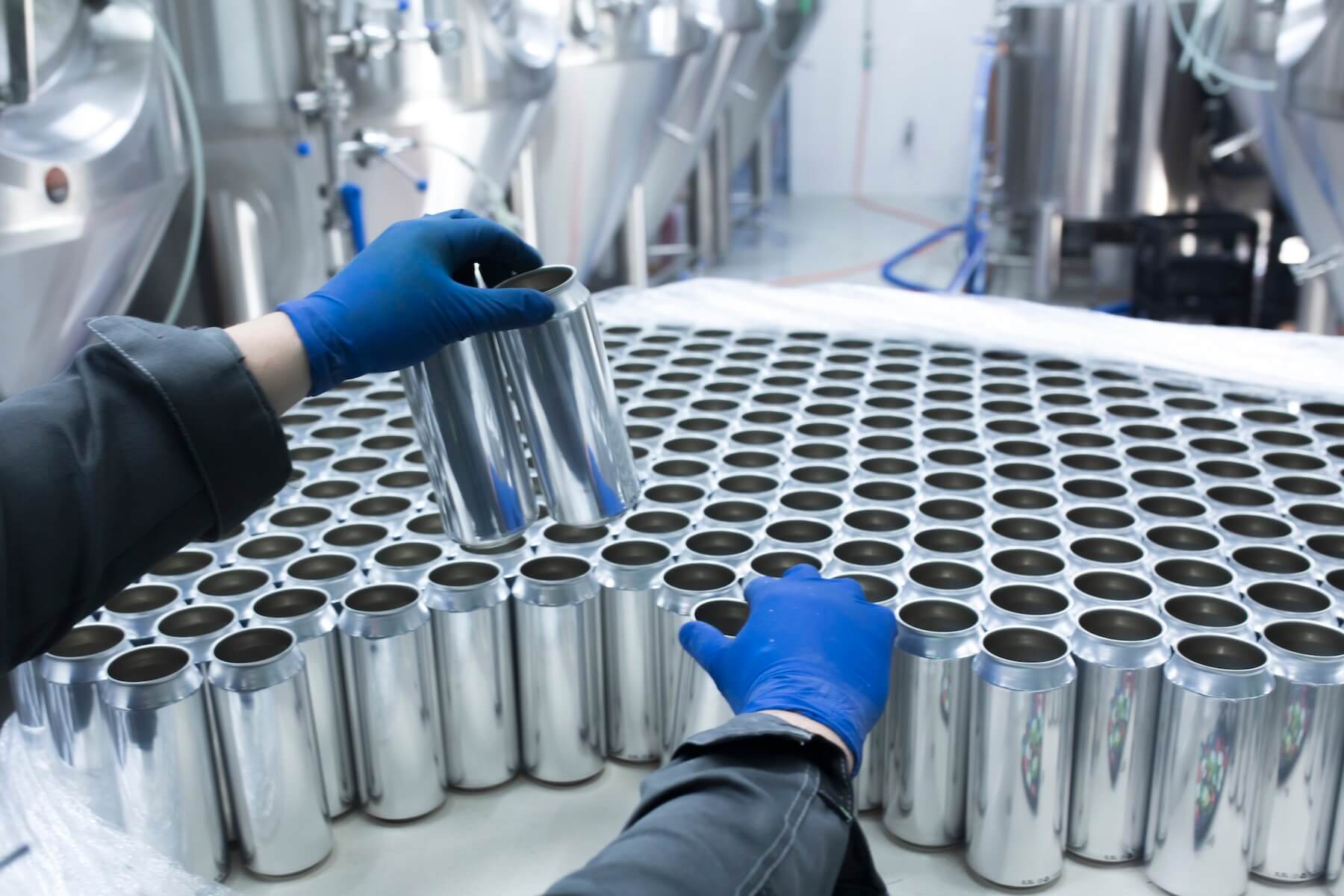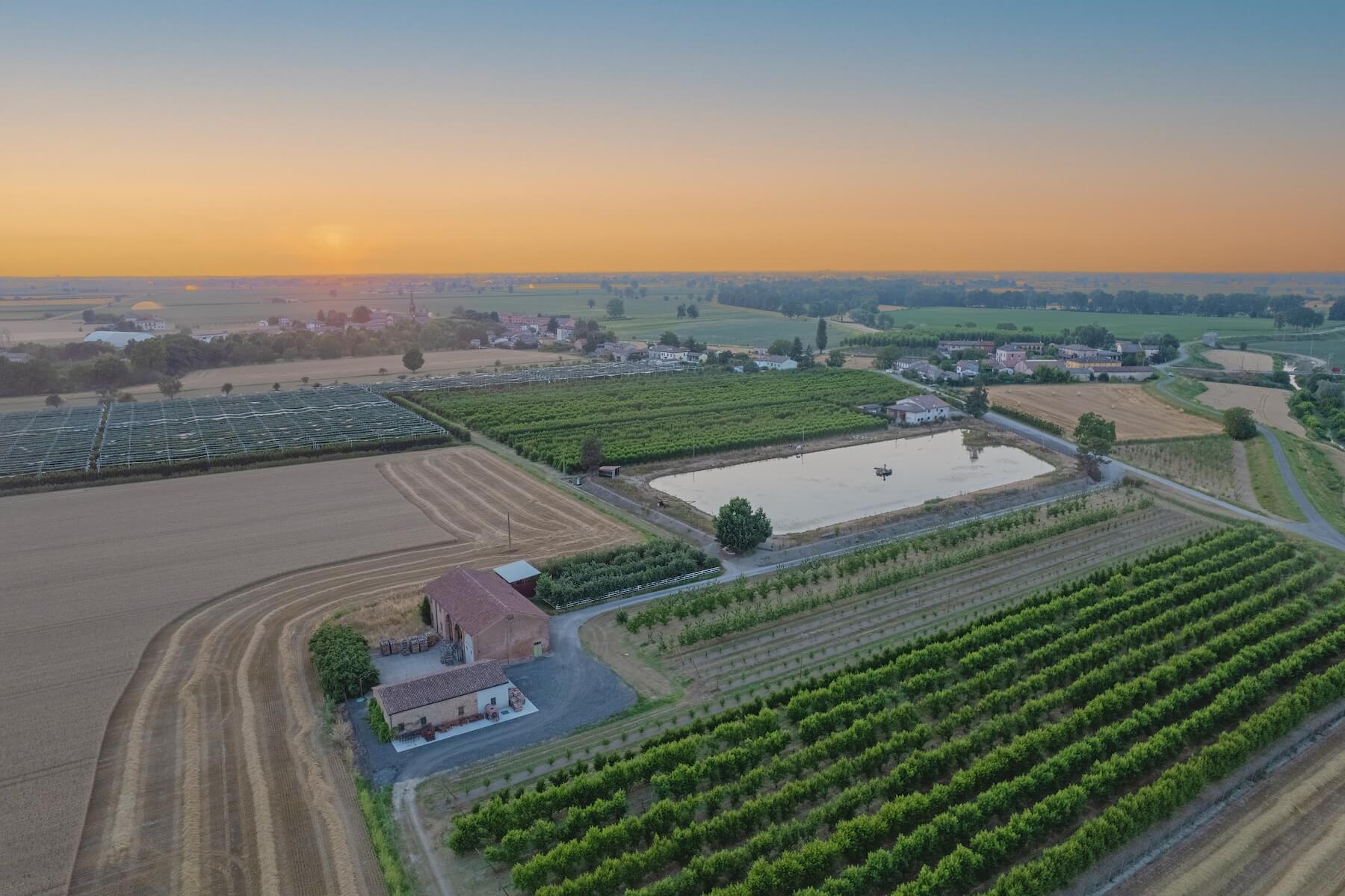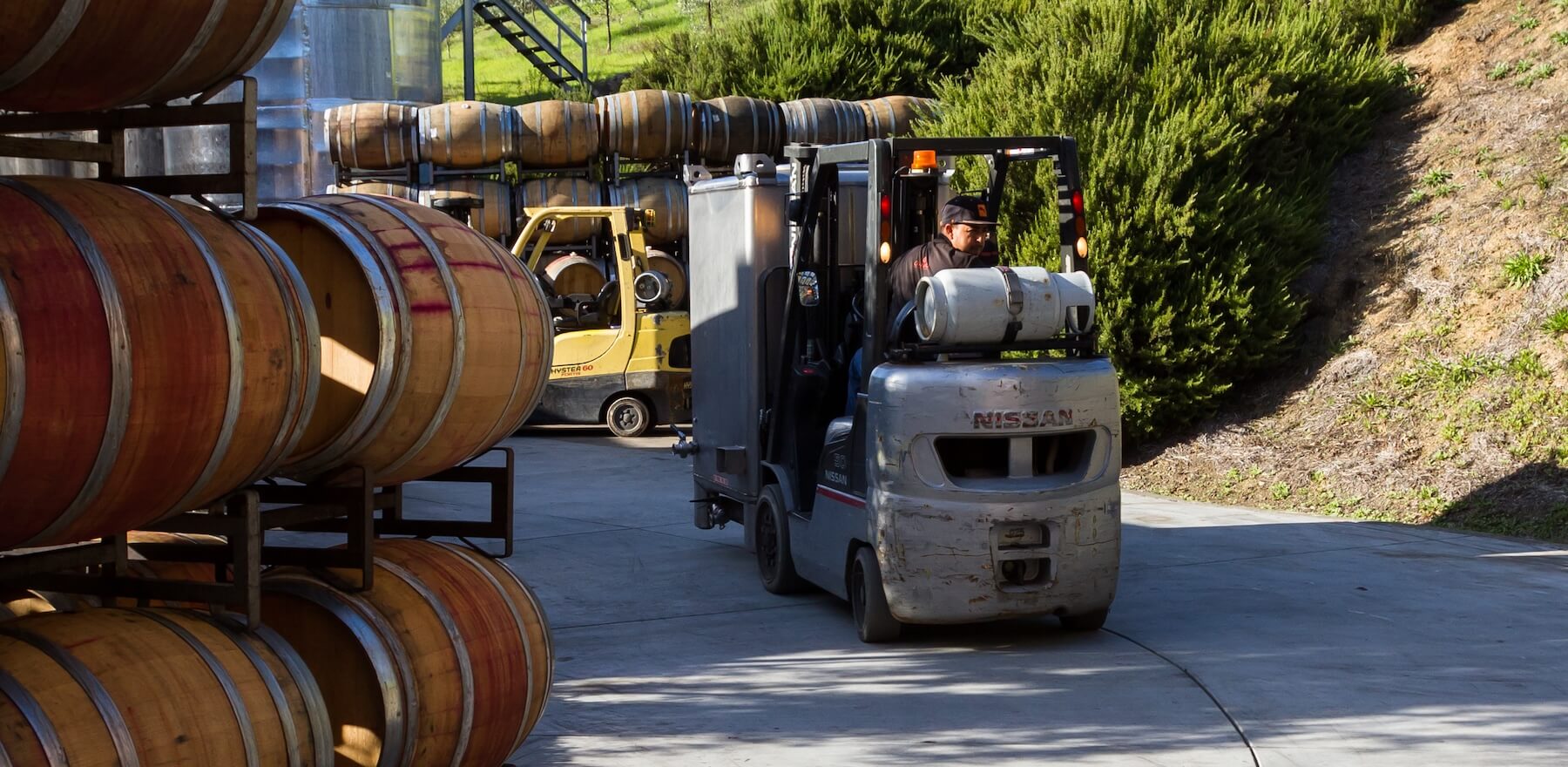The right ERP can make or break your company’s growth. Many breweries reach a point where growth and expansion are the next logical steps, but struggle to find a way to leverage that growth without sacrificing the quality and customer experience that helped them reach this milestone.
Brewery ERP touches virtually every aspect of your business, and choosing the right one can help streamline communication and visibility between manufacturing, finance, sales and more — creating a lockstep rhythm that launches your company forward. The wrong one, or one an ERP system that isn’t industry-specific, can muddy the waters and stunt your growth potential.
Why Choose Brewery ERP
The right brewery ERP will address the specific needs of your business beyond the out-of-the-box capabilities found in many basic ERP platforms. For example, in the case of craft brewers, it’s important to correlate the various stages of the brewing process, ingredient sourcing and the peculiarities of distributing craft beverages. These capabilities often require specialists to operate an out-of-the-box ERP solution. In contrast, an ERP designed for craft beverages would have these capabilities built in with customizable add-on modules to fit the brewery’s specific needs.
When evaluating different ERP systems, you want to look for a combination of solid baseline tooling, industry expertise and flexibility to tailor the solution to meet the needs of your entire organization, from finance to the brewing floor. Let’s take a look at some criteria to help you find your perfect brewery ERP match.
Industry expertise
If an industry-specific solution is a top priority for your brewery, then there are two ways to get what you’re looking for. First, you could hire a specialist to build custom features inside a blanket ERP platform (like NetSuite). This is likely to be expensive and slow to bring into reality. Remember that your industry expert may need to be kept on retainer or re-engaged contractually whenever you need support, additions or modifications.
The second option is to find a niche, pre-built brewer ERP that has been configured for your industry and your specific application. This option is likely to be faster to get off the ground, as the solution has already been built with your specific industry in mind and with customizable options already available to be configured and added on. It is also likely that ongoing support and additions are part of the package or that managed services and ongoing customer care can be added to your contract.
Solution for the entire organization
Brewery ERPs are unique applications in that they generally touch every facet of your organization, from finance to sourcing to sales. Having a streamlined process where there is visibility into every step is important as companies begin and continue to scale. For example, when the business decision is made to begin distributing in a new region, there are multiple departments that need to be on board with the change. There may be new tax laws for your finance department to be aware of, new distribution channels that need to be developed, manufacturing schedules that need to be modified, which bleeds into the need for potential new and different sourcing of raw materials.
When looking for the “right” ERP, you should make sure it not only has expertise in specific areas like manufacturing and distribution but also covers the basic functionality across the organization.

6 Benefits of choosing the right ERP for your brewery
Choosing the right brewery ERP can make or break your growth opportunities. Your brewery can move forward in sync by aligning your departments and core goals with specific attention to your unique industry needs. Let’s take a look at some of the benefits that will be unlocked with the right brewery ERP that offers the perfect combination of industry expertise and cross-organization capabilities.
1. Grow capacity without sacrificing quality
Not every craft beer operation desires to scale beyond its initial objectives. Many fantastic breweries are content to remain regional powerhouses and serve happy customers. However, when a decision is made to expand in either volume, variety or geography, breweries want to find a balance between nurturing that growth and maintaining their product quality and company integrity. The quality is what created the brand and keeps customers coming back — nobody is drinking your beer because of “how much” beer you produce. They keep coming back because of “how good” your beer is.
A suitable ERP that understands your organization’s brewing and distribution needs will allow all departments to grow together in a stable environment, allowing quantity to increase without sacrificing quality.
2. Implementation while minimizing stress on daily functions
Making organization-wide changes, whether it’s new protocols, new reporting standards, or the introduction of new varieties of products, can cause stress on the already demanding daily functions of employees. Employees tend to resist sweeping organizational changes because they inject uncertainty into their day-to-day jobs. If new reporting requirements suddenly require a daily task on top of current requirements, prepare for some internal strife.
The implementation of a new brewery ERP platform has the potential to cause these types of problems. However, the introduction of new systems corresponding to the new platform in a stepped, gradual way is a key to
foster widespread adoption.
3. Implement branch-specific components
If your brewery has multiple taprooms, each location will likely have specific requirements. The ability for a brewery ERP to segment functionality for each location may be a game-changing feature for your manufacturing and distribution operation. For example, local tax laws, distribution and shipping requirements, and fluctuating demands may vary depending on the taproom’s location. The right brewery ERP can streamline this process and make it easier for your business to pivot as needs change and evolve.
4. Real-time insight into the flow of goods
Real-time insight into the flow of goods is particularly important for craft brewing manufacturers. From the raw materials to the finished product, the flow of goods is a core consideration for running an efficient operation. This is where specialized configuration is so important for this industry. An out-of-the-box solution is not going to have the details required to track goods through the brewing process, but a custom solution for craft brewers certainly will.
This functionality is also important for departments like finance, operations and manufacturing. Knowing where there are leaks in the process can provide critical insights for cost-saving decisions or uncovering potential sources of reduced quality.
5. Improve quality control
Quality control is fundamental to ensuring quality is not sacrificed when scaling a brewery operation’s volume. Having insight into an entire organization through a single pane of glass gives every department what it needs to ensure quality is not compromised.
As volume increases, distribution becomes more demanding, and new varieties are developed, the right brewery ERP can ensure that the proper departments have full visibility into the factors that keep the quality to a brewer’s ideal standards.
6. Improve backend reporting and traceability
Reporting can be a headache. There’s no way around it. Reporting on a system’s success and failure is nearly impossible when systems and monitoring capabilities are siloed to individual stages in the brewing operation. This is where a complete brewery ERP solution comes into play. Having a clear view into the entire process makes reporting a breeze, and tracing problems to the specific stage of the process is easier with a single organizational system of record.
Crafted ERP for Breweries
As craft breweries scale their operations, choosing the right ERP system becomes critical to maintaining product quality while managing growth across manufacturing, finance, sales and distribution. Unlike generic ERP platforms that require expensive customization and specialist consultants, brewery-specific ERP solutions come pre-configured with industry essentials like brewing process tracking, ingredient sourcing management, and craft beverage distribution capabilities.
The right brewery ERP enables real-time visibility across your entire operation, improves quality control, streamlines multi-location management, and simplifies regulatory reporting — all while minimizing disruption to daily operations. Ready to unlock your brewery’s growth potential without sacrificing the quality that built your brand? Discover how Crafted ERP Brewery Software has industry-specific features and customizable modules to transform your brewing operation.
Contact us today for a personalized demo and see why leading craft breweries trust Crafted ERP to power their expansion.






